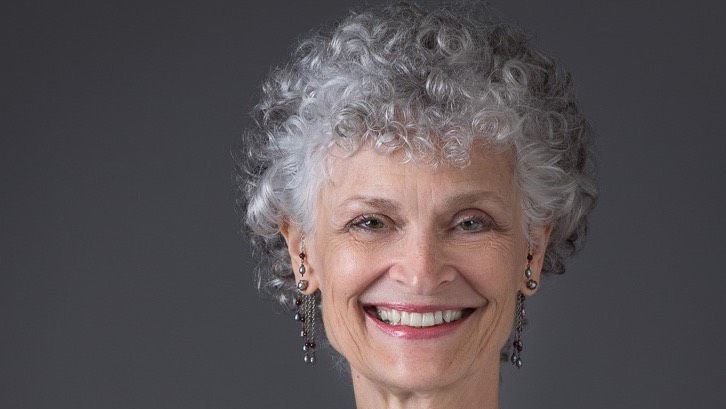The Centers for Medicare and Medicaid Services has approved a State Plan Amendment submitted by the state Department of Human Services on behalf of the Med-QUEST program, paving the way for Hawaii to become the first state to cover community palliative care services through Medicaid.
“After several years of hard work and collaboration with many community members and experts in the field, I am proud to announce that Med-QUEST is the first Medicaid program in the country to get this benefit approved,” said Governor Green. “This will greatly improve the quality of life and health outcomes for thousands of people who face serious medical conditions in our state. Hawaii continues to lead the nation in innovations in health and health care.”
Palliative care focuses on providing relief from the symptoms and stress of serious and /or terminal illness and improving quality of life for both patients and family. Services may address physical, intellectual, emotional, social and other types of needs.
“Now, fewer people who face serious illness will suffer because community palliative care is now covered under Medicaid,” said Med-QUEST Division administrator Judy Mohr Peterson.
The benefit is effective immediately and Med-QUEST will continue to develop the coverage for full implementation.
The Med-QUEST Division first set out to develop a set of palliative care services that would fill the gap for those with serious illnesses seeking care for pain and other symptoms outside of a hospital while still receiving treatment for their condition.
The division worked with TF & Associates to develop and file the palliative care benefit.
As Mohr Peterson said, the goal was to have home-based palliative care defined as a regular Medicaid benefit.
The approval is a breakthrough for those diagnosed with a serious illness and eligible for Medicaid because of financial insecurity, who a considered vulnerable to gaps in accessing care.
According to the Coalition to Transform Advanced Care, nearly half of states have enacted legislation to require palliative care services as a covered benefit for beneficiaries eligible for Medicaid, including dual eligibles (those over 65 also qualifying for Medicaid).
CTAC noted that while Hawaii is not the first state in the country to require access to a community-based palliative care services benefit, it was the first to apply to) to include palliative care services as a benefit in its State Plan Amendment, a mechanism by which a state Medicaid agency receives approval by CMS to administer a new benefit to their beneficiaries.According to CTAC, the new benefit is significant because it sets precedence for other states to follow; defines palliative care as a preventive service; establishes a payment methodology; and sets standards for quality and reporting.
Michael Tsai covers local and state politics for Spectrum News Hawaii. He can be reached at michael.tsai@charter.com.



